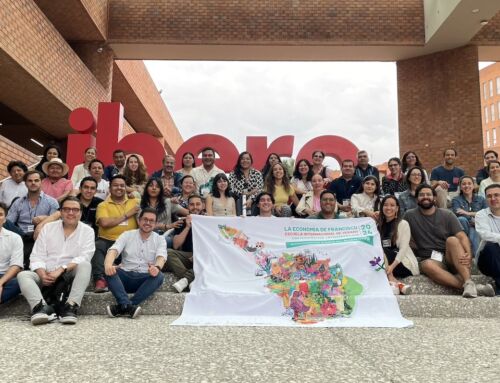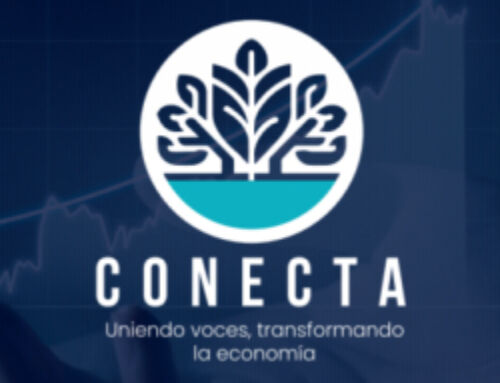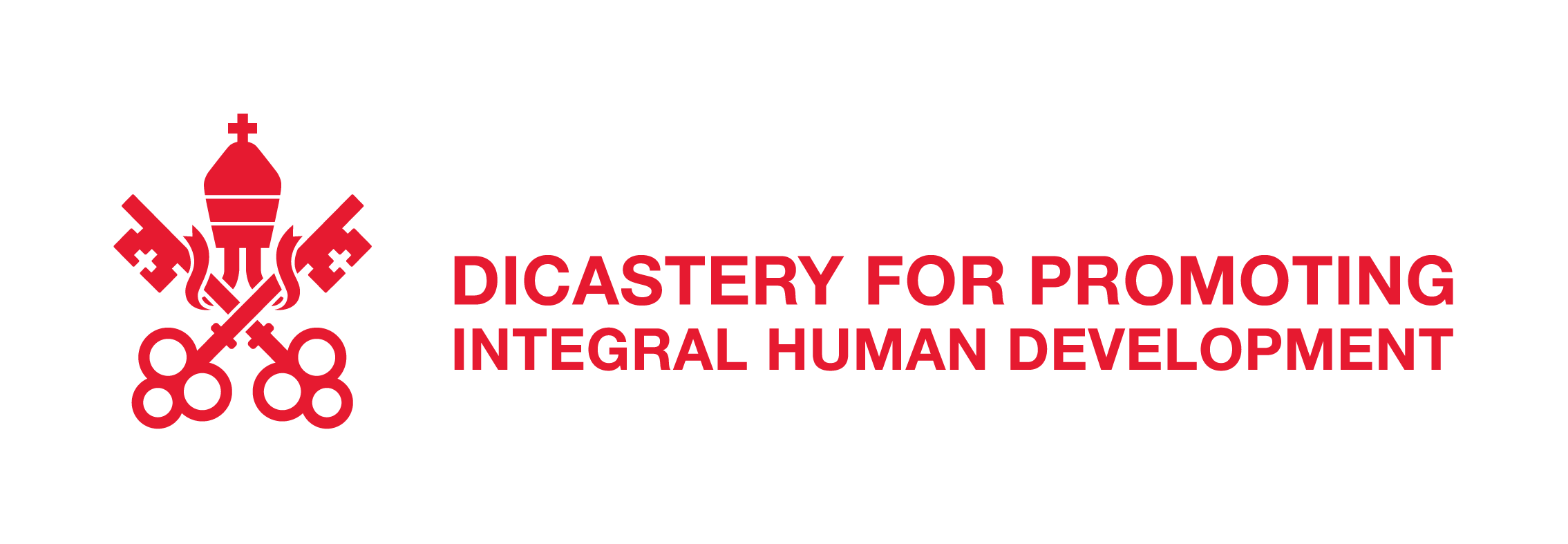
Should we accept economic inequalities?
by Valentina Rotondi (Text only in English)
Economic inequality is one of the most frequently mentioned forms of inequality and it is what is mainly included in the most recent Oxfam report.
A few days ago, Oxfam diffused its annual report showing striking figures. According to the report, the world’s ten richest men more than doubled their fortunes at a rate of $15,000 per second during the first two years of a pandemic, while over 160 million more people were forced into poverty. Oxfam’s report always generates a lively discussion on the issue of inequalities and what is right and wrong to accept about them. Let’s try to get together into this debate.
We live in a world familiar with inequalities and the necessity to fight against them: different and interconnected forms of inequalities have now become stratified in our societies to such an extent that they have been accepted as «endemic” (Ahmed et al., 2020).
Economic inequality is one of the most frequently mentioned forms of inequality and it is what is mainly included in the Oxfam report. From a purely academic perspective, scholars have longly debated whether economic inequality is good or bad. Much of this debate has focused on the relationship between economic inequality and intergenerational mobility with the declared aim to understand whether inequality endangers social justice and social cohesion or reflects individual efforts instead. While some scholars claim that economic inequality inhibits economic growth and impairs democracy and social justice (see, for instance, Piketty (2014), Putnam (2016), Stiglitz (2013), and Deaton (2015)), others claim that it can push competition over resources within societies. As such, it should not be reduced through redistributive policies that potentially curb individual incentives (Cappelari, 2016). So, where should we stand?

One of the central answers to why we should not get used to inequalities comes, even if we would not expect it, from the purported founding father of capitalism, Adam Smith, and was recently brought into the debate by Rasmussen (2016). On the one hand, Smith did not believe that the economic inequality was intrinsically unjust, that it prevented social mobility, or that it was a force for corruption (and this could be discussed). On the other, he devoted an entire chapter of The Theory of Moral Sentiments to show that people are, by natural inclination, more likely to approve, admire and emulate the rich than the poor, ultimately undermining both morality and happiness. Why is this the case? The answer relates to another essential topic that seems to be unrelated to inequalities: meritocracy.
The term meritocracy is generally used to describe a system in which rewards are impartially distributed according to personal effort and performance (Wiederkehr et al., 2015), irrespective of other less measurable attributes such as socio-economic background or personal relationships. Although the belief that people’s advancements within institutions should only be based on their abilities is one of history’s most revolutionary ideas on which the so-called American dream was built, the term meritocracy initially carried a negative connotation. Firstly introduced by the British sociologist Michael Young in his satirical book titled “The Rise of Meritocracy” (Young, 1958), the term was used to criticize a system that was designed with the explicit aim to remunerate solely effort but that, in the end, was rather remunerating the participants’ background. By focusing on merit only, the champions of meritocracy were, according to their critics (see, among others, Frank (2017)), forgetting the widespread and preponderant influence of chance (or lack thereof) in defining individual destinies. To understand this critique, one should conceptualize merit as the intersection between an individual’s skills and effort. While the individual effort can be assumed to be solely dependent on the individual itself, skills are not. As highlighted by Roemer (Roemer, 1985), life is a lottery that assigns individuals to genes and families, and individual skills are the result of a plurality of variables and contextual factors that have little to do with the effort (and merit) of individuals and that, at the same time, largely determine how wealthy, healthy, and educated they are (Roemer & Trannoy, 2016). In these terms, meritocracy risks putting a strain on equality of opportunity, ironically, one of the building blocks on which meritocratic beliefs are built and justified.

In fact, the basic idea at the core of the principle of equality of opportunity is that differences in outcomes due to predetermined circumstances, such as race, parental background, or gender, should not be accepted as legitimate. At the same time, there should be no compensation for the differences in outcomes due to controllable elements or to the deliberate choices of individuals. Conversely, inequalities in outcomes should be “accepted” when they derive from the responsibility with which individuals have managed their resources. Therefore, one should avoid that before the competition, there are differences between individuals attributable to circumstances, i.e., to all those variables that are not under control. However, once the competition has started, or once the match is over, no action should be taken. Although this principle can be justified theoretically, it is only partially achievable. Tony Atkinson explained why: “Inequality of outcome among today’s generation is the source of the unfair advantage received by the next generation. If we are concerned about equality of opportunity tomorrow, we need to be concerned about inequality of outcome today.” (Atkinson, 2015. p. 11).
The time has come to weave the threads of this short commentary.
Can we justify inequalities based on the principle of merit? When we mix up success with merit and failure with a demerit, which, as such, must be blamed, we forget that much of what we have today derives partially from the past and partially from circumstances that have nothing to do with merit but are primarily due to chance or luck.
The equality effort = success is not, in fact, corroborated by any empirical evidence. The simple fact that, for instance, intelligence exhibits a Gaussian distribution among the population while the wealth, a (somewhat incomplete) proxy for success, usually follows a Pareto law with a large majority of poor people and a tiny minority of the extra rich, already explains that at least two variables are missing in the equation (Pluchino et al., 2018). These variables are, indeed, luck and the past. The academic literature now includes examples pointing to this direction. Indeed the literature shows that, for instance, those holding earlier surname initials are significantly more likely to receive tenure at top departments (Einav & Yariv, 2006) or access to oversubscribed public services (Jurajda & Münich, 2010). Moreover, it shows that many countries of the world show a striking empirical correlation, usually known as the Great Gatsby Curve, between the concentration of wealth in one generation and the ability of those in the next generation to move up the economic ladder compared to their parents (i.e., intergenerational elasticity).
Our EOF journey in search of a new economic paradigm also passes through here. We cannot accept that inequalities are justified based on the merit principle alone. We have to work, roll up our sleeves, to understand the root causes of inequalities. Perhaps we should also have much more courage and recognize, as Oxfam did, that, for example, to reduce one of the most striking inequalities of our times (that of access to vaccination), we should start from two great classics of economic theory: property rights and the distribution of wealth. However, we should also find our way and don’t simply ask for more taxation. We need curiosity, hope, and even a bit of healthy inventiveness to imagine a different world (and economy thereof) in which economic inequalities are no longer justified or justifiable and access to necessary goods, such as the vaccine, is granted to everyone.
References
Ahmed, F., Ahmed, N., Pissarides, C., & Stiglitz, J. (2020). Why inequality could spread COVID-19. The Lancet Public Health, 5(5). https://doi.org/10.1016/S2468-2667(20)30085-2
Alfani, G. (2021). Economic inequality in preindustrial times: Europe and beyond – American economic association. Journal of Economic Literature, 59(1), 3–44. https://doi.org/10.1257/jel.20191449
Cappelari, L. (2016). Income inequality and social origins. IZA World of Labor. https://doi.org/10.15185/izawol.261
Deaton, A. (2015). The Great Escape. Princeton University Press.
Einav, L., & Yariv, L. (2006). What’s in a surname? The effects of surname initials on academic success. Journal of Economic Perspectives, 20(1), 175–188. https://doi.org/10.1257/089533006776526085
Frank, R. H. (2017). Success and luck: Good fortune and the myth of meritocracy. Princeton University Press.
Jurajda, Š., & Münich, D. (2010). Admission to selective schools, alphabetically. Economics of Education Review, 29(6), 1100–1109. https://doi.org/10.1016/j.econedurev.2010.06.005
Piketty, Thomas. (2014). Capital in the twenty-first century. Harvard University Press. (Original work published 2014)
Pluchino, A., Biondo, A. E., & Rapisarda, A. (2018). TALENT VERSUS LUCK: THE ROLE OF RANDOMNESS IN SUCCESS AND FAILURE. Advances in Complex Systems, 21(03n04), 1850014. https://doi.org/10.1142/s0219525918500145
Putnam, R. D. (2016). Our Kids: The American dream in crisis. Simon and Schuster.
Rasmussen, D. C. (2016). Adam Smith on what is wrong with economic inequality. American Political Science Review, 110(2), 342–352. https://doi.org/10.1017/s0003055416000113
Roemer, J. E. (1985). Equality of talent. Economics & Philosophy, 1(2), 151–188. https://doi.org/10.1017/S0266267100002455
Roemer, J. E., & Trannoy, A. (2016). Equality of opportunity: Theory and measurement – American Economic Association. Journal of Economic Literature, 54(4), 1288–1332. https://doi.org/10.1257/jel.20151206
Stiglitz, J. E. (2013). The Price of Inequality: How Today’s Divided society endangers our future. W. W. Norton & Company.
Wiederkehr, V., Bonnot, V., Krauth-Gruber, S., & Darnon, C. (2015). Belief in school meritocracy as a system-justifying tool for low status students. Frontiers in Psychology, 0. https://doi.org/10.3389/fpsyg.2015.01053
Young, M. (1958). The rise of the meritocracy. Routledge. (Original work published 1958)
















